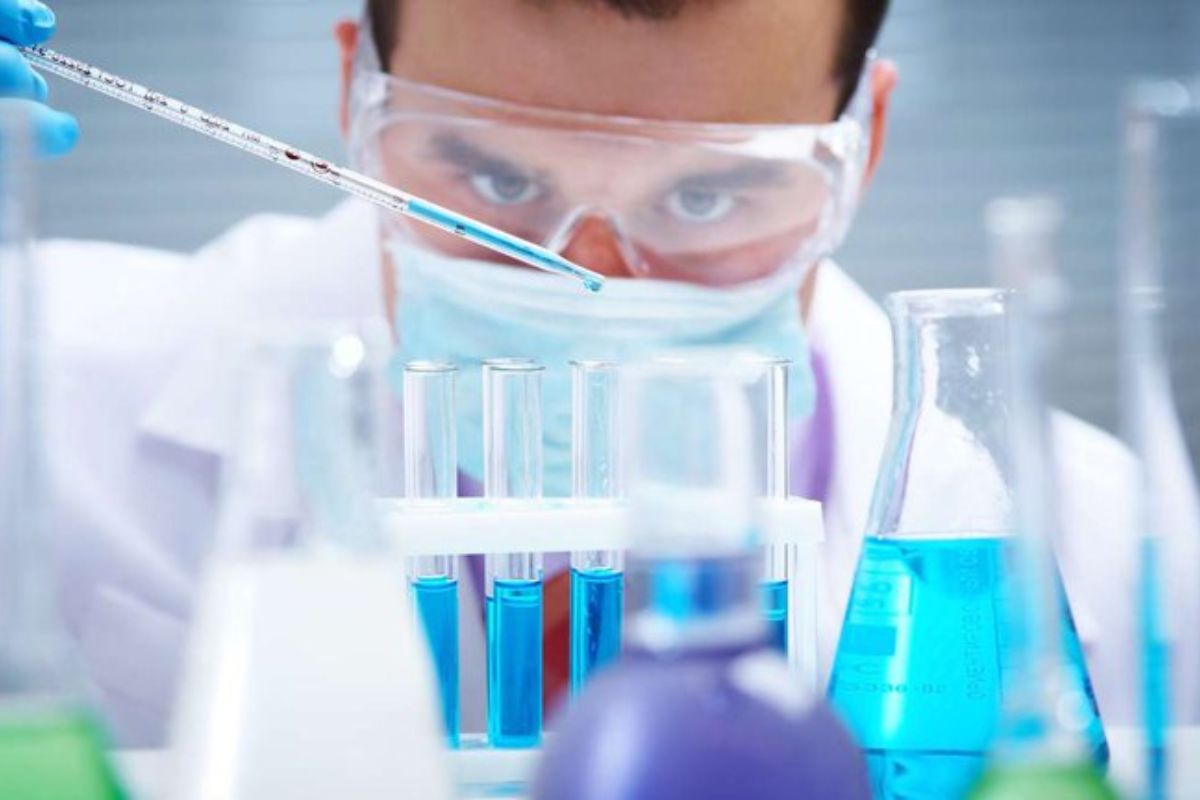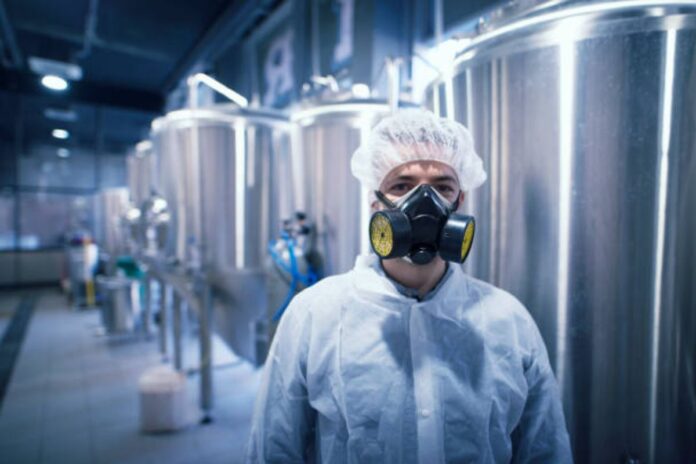Because chemicals used to make products have an impact on everyone’s lives, safety is crucial in the chemical business, says Ram Charan Co Pvt Ltd. Plastics, medicines, cosmetics, etc. are all produced by chemical processes. Different safety issues apply to different processes. Every chemical should be handled carefully. Safety first is a saying that we’ve all heard, but how much do we know about Chemical risks in procedures used in our industrial setting? In India over the past ten years, there have been 130 serious chemical incidents that have led to 259 fatalities and 563 major injuries.
What does a Chemical Incident Entail?
An unsafe release, dispersion, release, or slip away of a toxic substance or mixture into the ecosystem that endangers people’s health or the environment and has an impact on a variety of living things in the damaged area or near the dangerous material’s transport route is referred to as a chemical accident (e.g., air, soil, groundwater, surface water, etc.).
Outcomes of Dangerous Substances
Chemical hazard outcomes: Chemical disasters frequently result in numerous fatalities, significant financial losses, environmental contamination, disturbance of infrastructure, and damage to industrial facilities. They can also result in significant human suffering, loss of life, livelihood, and property, as well as significant financial costs to the community and harm to the environment and ecosystems, which can have long-lasting or permanent consequences and pose risks to future generations
Different sorts of Chemical Risks
Chemical businesses employ a lot of chemical products to make a variety of items, including food, medicine, cosmetics, paints, and many other things we use daily. The primary function of the chemical industry is the production of intermediate chemicals and raw chemicals, which are then sold to other industries for the production of final goods.
Before being used in products or services, chemicals used in the industry frequently go through procedures like extraction, purification, concentration, blending with other materials, and so forth (e g., cleaning agents). Solvents like xylene, toluene, naphtha, acetone, and others, as well as acids like sulfuric acid and nitric acid, are just a few of the dangerous compounds that are manufactured on an industrial scale.
List of various types of Hazardous Chemicals


Minerals, acids, and salts are a few examples of inorganic chemicals. It has the potential to be combustible, irritating, and corrosive. Asthma, respiratory issues, cancer, and burns are all brought on by hazardous inorganic compounds.
Natural or biologically produced organic compounds are substances that are found in nature. Alcohols, aldehydes, ethers, ketones, and other substances are among these compounds. Asthma and other respiratory issues, eye injuries, cancer, and even death can be brought on by them. Chemical risks may be created by non-living systems or objects as well as by humans. As a chemical can exist in several states, these chemicals include metals, gases, and liquids.
Chemical Risks
In addition to the broad Chemical risks posed by other Chemical industries like mining, petroleum refining, and so on that jeopardize life, property, or the environment, the chemical industries also present their own set of risks. Chemicals can be dangerous if not handled properly and carefully because they are highly flammable, explosive, corrosive, toxic, reactive, and poisonous compounds. Therefore, it is essential to take all required measures before, during, and after handling these substances to prevent accidents, injuries, and fatalities.
According to Ram Charan Co Pvt Ltd, Chemical accidents can take many different forms, but “explosion” is one of the worst. It is defined as an occurrence that involves the sudden release of energy caused by some kind of ignition and an increase in the amount of air, gases, or other combustible materials. Depending on the specifics of the incident, such an event might also contain a combination of these three impacts. One of the most hazardous Chemical risks, it frequently results in human fatalities and causes property damage.
Several things can produce Chemical risks, including Leaks from chemically highly flammable storage tanks, Explosions of unstable chemical compounds, Fires caused by flammable substances, Inadvertent emissions produced by industrial processes burning explosive gas, The burning of natural gas, Burning of organic substances, the explosion of prepared explosives, Combustion of toxic or dangerous substances, Explosives, The burning of very energetic substances, Improper chemical disposal, Improper handling of chemicals
Also, Improper shipping of chemicals, Making use of poor handling techniques. Insufficient ventilation, Human mistake, Unsafe container handling, and Equipment abuse, Accidents can be caused by a variety of variables coming together, such as a leaking pipe leading to a tank storing liquid hydrocarbons.
The Advantages of Chemical Safety Training
Include the distinction between chemical safety and worker safety. The goal of worker safety is to guarantee that employees involved in tasks that could endanger their health or safety have the knowledge and abilities required to carry out their duties safely. Chemical manufacturers, facilities, and enterprises should have the skilled personnel necessary to manage all of the chemicals they handle, and all of their staff members should be informed about the relevant chemical processes. Training in chemical safety has various advantages.
It increases awareness of safer techniques, encourages their use, and lowers chemical exposure.
Chemical safety training is crucial for defending against any Chemical risks in manufacturing or other chemical industries that may provide to people’s health and safety.
It helps in the development and honing of necessary skills and guarantees the health and safety of everyone who works with chemicals.
Lastly
A chemical explosion will severely damage buildings and the equipment inside of them, injure people and animals nearby, and endanger the health and safety of everyone who is exposed to it. Ram Charan Co Pvt Ltd says the course is open to professionals in the chemical, pharmaceutical, manufacturing, healthcare, power, and petrochemical industries as well as safety professionals, supervisors, and others. Working with chemicals not only helps to build and hone necessary abilities.





